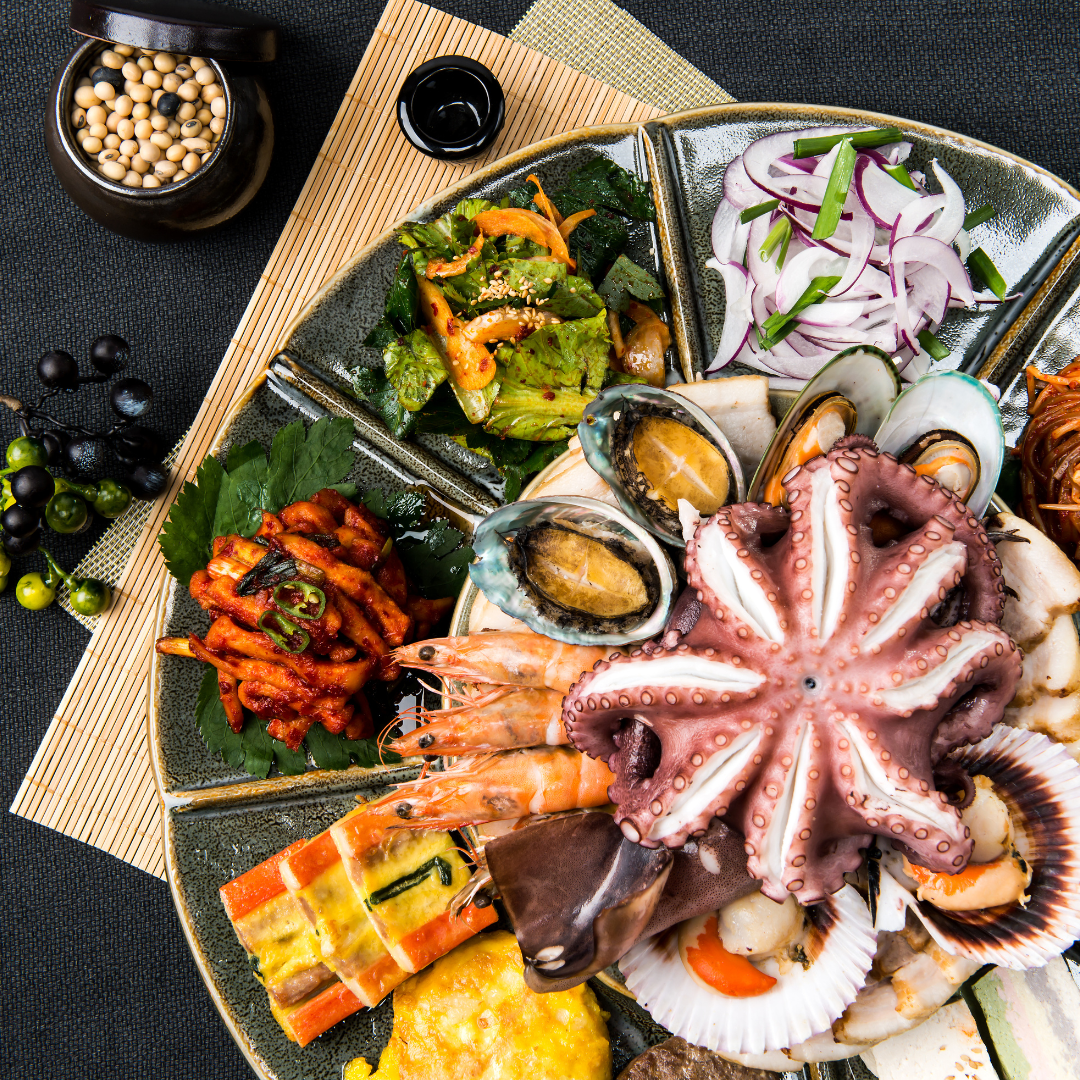
Seafood: Is It for You?
Seafood lovers rejoice! Seafood is one of the most beneficial foods you can eat. It’s packed with protein, vitamins, nutrients, and minerals that can make you healthier overall and provide protection for your teeth, bones, and eyes. But, like everything, seafood has its downsides. Certain types of seafood can carry serious health risks, while others are full of heavy metals and pollutants that can harm you. But overall, eating seafood can be a healthy option too.
Seafood is highly recommended for the body since it is rich in proteins, vitamins, minerals, and other essential nutrients. In fact, seafood is an excellent source of heart-healthy omega-3 fatty acids. Plus, seafood is low in saturated fat, provides a significant amount of heart-healthy fiber, and is low in sodium. To conveniently access fresh seafood, consider reliable delivery options available online. Whether it’s cooked seafood meals, a seafood subscription box, or la carte fish and shellfish delivery, there are services that exist to suit different needs and preferences. Taking advantage of seafood delivery means easy access to nutrient-dense as well as the most popular fish options straight from the source.
Seafood is really nutritious.
The average American eats about 150 pounds of seafood each year, and 75% of seafood consumers are women. And seafood is the best source of vitamin B12, selenium, and omega-3 fatty acids. Seafood is also a great source of protein, which is good for muscle development and heart health. While seafood is good for you, it contains high mercury levels.
Seafood can bring the family together — Think Restaurants
The holiday season is in full swing, and the celebration of great food and togetherness comes with it. As families gather to celebrate, especially outdoors, seafood is often on the menu. It is also important to note that when it comes to seafood, people often like to have Asian dishes like sushi, crab rolls, etc. These people often go for sushi lunch at a nearby Japanese restaurant or search for a seafood joint nearby if they are on vacations. Seafood is a healthy and diverse source of protein, which is served in almost all kinds of restaurants, including fine diners like Sweetbriar Upscale Restaurant NoMad. The best part is that such restaurants tend to offer grilled branzino which is known for its mild flavor and its nutrient-rich characteristics. Branzinos are naturally rich in iodine, selenium, zinc, potassium, calcium, phosphorus, and magnesium.
It is quick preparation and an easy cook
One of the appeals of seafood is that it can be quick and easy to prepare. Simple cooking methods like grilling, broiling, baking, or sautéing can have a fillet of fish or shellfish on the table in under 15 minutes. There are many tasty ways to add flavor to seafood. Lemon, lime, garlic, butter, and a variety of herbs and spices all pair well with fish. A squeeze of citrus or a pat of herb butter can add plenty of flavor. Spices like paprika, onion powder, cayenne, oregano, and basil complement seafood nicely too. And ingredients like wine, broth, soy sauce, and teriyaki can be used to make easy pan sauces. Don’t overlook hot sauce though either. Adding a dash or two of the best hot sauce can instantly give seafood an extra vibrant kick. The vinegar and chili pepper base pairs extremely well with the natural flavors of fish and shellfish. There’s a wide range of hot sauces available, from mild to spicy, allowing the heat level to be customized.
Extremely versatile
Seafood is extremely versatile, and you probably didn’t realize it. If you’ve watched any cooking show on television, you’ve probably seen cooks turning any seafood product into a delicious meal. Shrimp, lobster, crab, and scallops can all be grilled, breaded, or baked into delicious entrees. Salmon, tilapia, and catfish are staples in nearly every seafood dish, and all these fish are healthy additions to your diet.
Boost your brain
Seafood is some of the most valuable and important foods in our bodies. Since our bodies require protein, our bodies can benefit from some amount of seafood. As humans, since we were first created, our brains have been developing. As we age, it becomes harder and harder to maintain a healthy brain. To maintain healthy brain function, though, we must eat foods that support it. Seafood is easy to incorporate into a variety of dishes, and there are a lot of nutrients that seafood can provide our bodies with.
Good for your heart
Eating seafood and seafood products benefits people in many ways. It is known to reduce harmful cholesterol levels and prevent stroke and coronary artery disease. Seafood products are rich in potassium, selenium, and omega-3 fatty acids, which are good for heart health. Seafood is also a rich source of protein, vitamin D, vitamin B, and zinc.
Can help you maintain your eyesight
The omega-3 fats found in seafood are a source of antioxidants and nutrients that benefit eye health. The National Eye Institute says that omega-3 fats are found in the retina, as well as the body’s tissues, and can help improve circulation and reduce the risk of dry eyes. A diet rich in seafood contains higher levels of vitamins A, D, E, and omega-3 fatty acids.
It can give you better skin.
Healthy skin is one of the benefits of eating seafood. It is a known fact that seafood helps in weight gain and will help in reducing the risk of many serious diseases. Seafood is rich in vitamins, minerals, omega-3 fatty acids, protein, and many others. Salmon, mackerel, shrimp, and tuna are a few kinds of seafood that help in proper digestion. They contain good fats that help in keeping the skin from getting dry.
Can help fight against depression
Depression, while overwhelming, can be treated. Most of us have battled depression at some point in our lives, and we know how frustrating it can be. We feel like no matter what we do, we are just not able to beat it. But there is hope. Eating seafood regularly can help us to fight depression, according to the results of a study. Of course, while this may not be the only solution to it, if it can help even a little bit, then it’s worth trying.
There is a significant association between seafood and apparent health benefits. Fish, shellfish, seaweed, and other aquatic animals give vitamins, minerals, protein, fiber, and other substances. People can consume seafood to gain substantial health benefits.
You May Also Like

The Ultimate Guide to Meal Prepping for Busy Weeks: Strategies for Easy and Healthy Eating
September 28, 2024
Cat Breeds That Live the Longest
March 19, 2023


